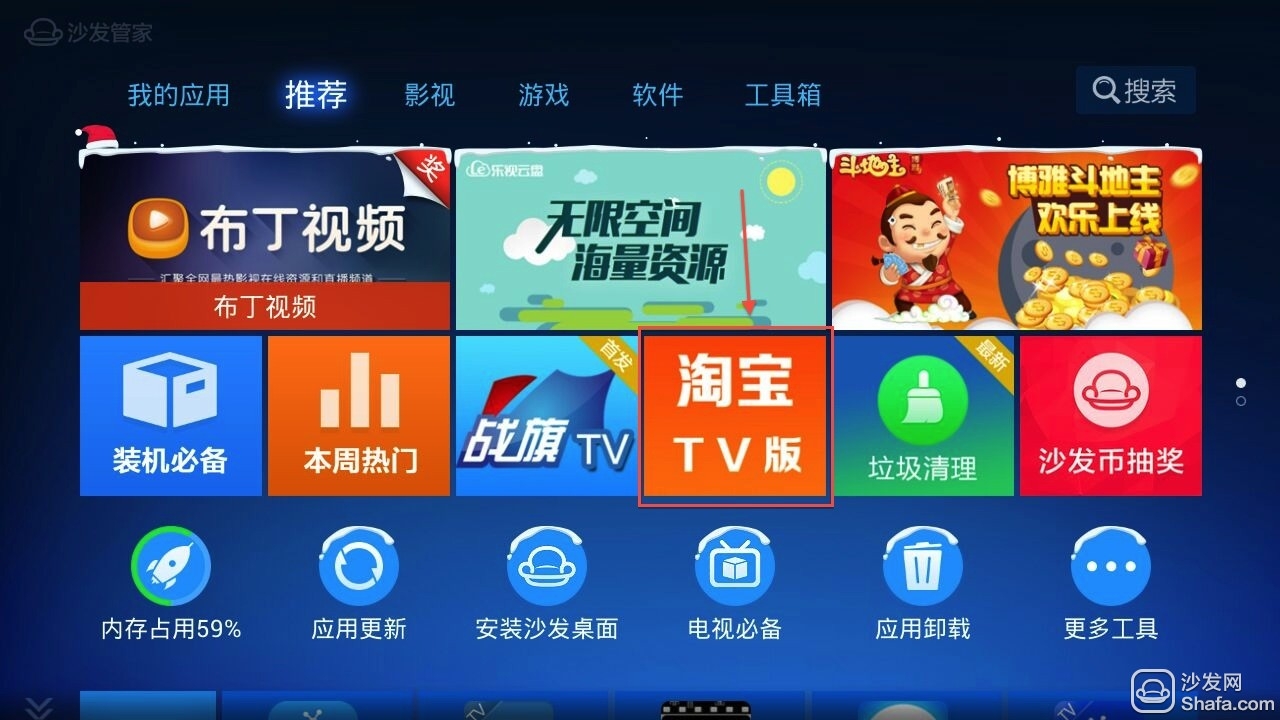1. IDC: Android market share reached 81.5% in 2014
IDC released smart phone shipment data for 2014. Smartphone shipments using the Android and iOS operating systems accounted for 96.3% of all smart phone shipments. Android shipments were 1.059 billion units, up 32% year-on-year; the market share was 81.5%, compared to 78.7% in the same period of last year. Shipments of the iPhone were 192.7 million units, up 25.6% year-on-year; the market share was 14.8%, compared to 15.1% in the same period of last year.
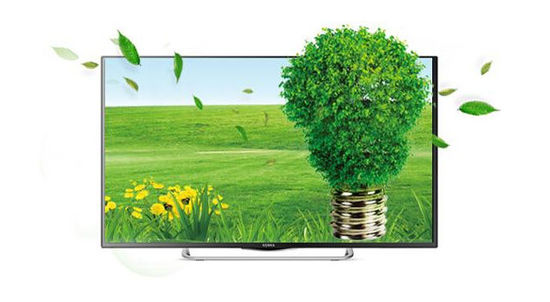
The market share of the iOS operating system decreased slightly, but shipments reached a new record of 192.7 million, indicating that the market has strong demand for large-screen iPhones.
The remaining market share is basically divided by Microsoft and Blackberry, which together accounted for 3.7% of the market share. Shipments of Windows Phone have the lowest annual growth in the three major operating systems, only an increase of 4.2%. This is in stark contrast to 2013. After Microsoft acquired Nokia last year, it relied on entry-level Lumia equipment and its shipment share increased significantly. The current data shows that even with the release of Windows 10, this situation is unlikely to change in 2015.
2. Dribbling will continue to issue passenger subsidies and driver incentives
On February 25th, Didihe Express issued a statement to the public that the two companies will continue to use one of the business directions to maximize the user experience after the merger. For a long time, the red envelope subsidies for passengers and the driver’s Rewards will continue to be distributed, and at the same time, efforts will be made to explore other beneficial ways for users to further strengthen their own service and experience system.
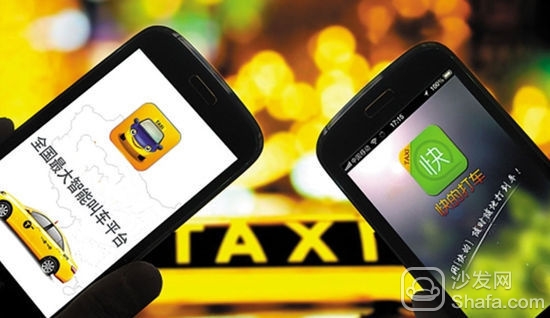
3, Apple iTunes received 532.9 million US dollars in infringement tickets
On February 25th, a jury in the Eastern District of Texas ruled that Apple’s iTunes software infringed on three patents of the Texas company’s patented Smartflash LLC, and sentenced Apple to pay a fine of US$532.9 million to Smartflash. Apple's appeal against the verdict will appeal, Smartflash declined to comment.
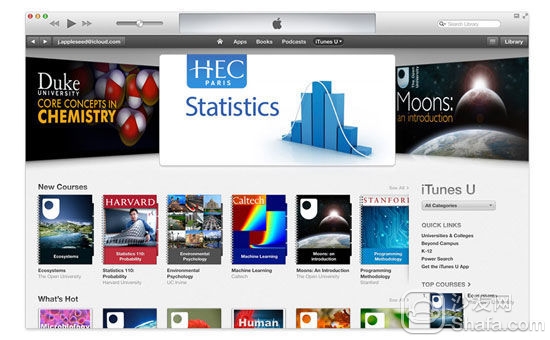
4, Samsung or join the electric vehicle development tide
SDI, a subsidiary of Samsung Group, announced on Monday that it will acquire the Magna Steyr battery pack business under Magna International, a leading global auto parts supplier. Magna Steyr is located in Austria and assembles cars for Audi, Fiat, General Motors, Volkswagen, etc. It also designs and produces automotive components, including battery systems for electric vehicles. This time, Samsung only purchased the Magna Steyr battery pack business.
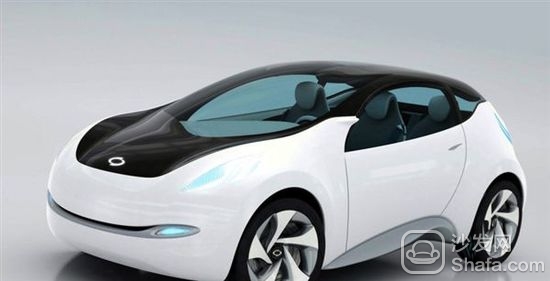
5. Government procurement eliminates foreign technology brands and increases thousands of domestic products
Reuters reported yesterday that the Chinese government has removed some of the world’s leading technology brands from the government procurement list and added thousands of local products. According to industry sources, this move is mainly due to safety considerations. Reuters analyzed the official data and claimed that the biggest victim of the decision was the American network equipment manufacturer Cisco. In 2012, there were 60 Cisco products on the list of central government procurement centers. By the end of 2014, no Cisco products were on the list.
In addition, Apple, McAfee, a security software company owned by Intel, and Citrix Systems, a network and server software company, are also serious victims.
6, Microsoft plans to shut down Nokia Dongguan and Beijing factories: layoffs 9,000 people
According to media reports, Microsoft plans to close Nokia's Dongguan and Beijing factories and speed up the delivery of production equipment to Vietnam. Microsoft's plant closures in Dongguan and Beijing will result in a total of 9,000 layoffs. On the eve of the Spring Festival, China's famous watch company Citizen's production base in China - Citizen (Guangzhou) Co., Ltd. announced the dissolution of liquidation, more than 1,000 employees were released from the labor contract, the deadline to leave the factory.
Other well-known foreign companies, such as Panasonic, Daikin, Sharp, and TDK, all plan to further promote the move of manufacturing bases to Japan. Uniqlo, Nike, Foxconn, Funai Electric, Clarion, Samsung and other world-renowned companies have set up new factories in Southeast Asia and India, accelerating the pace of withdrawal from China.
Recommended installation sofa butler, download address: http://app.shafa.com/ 